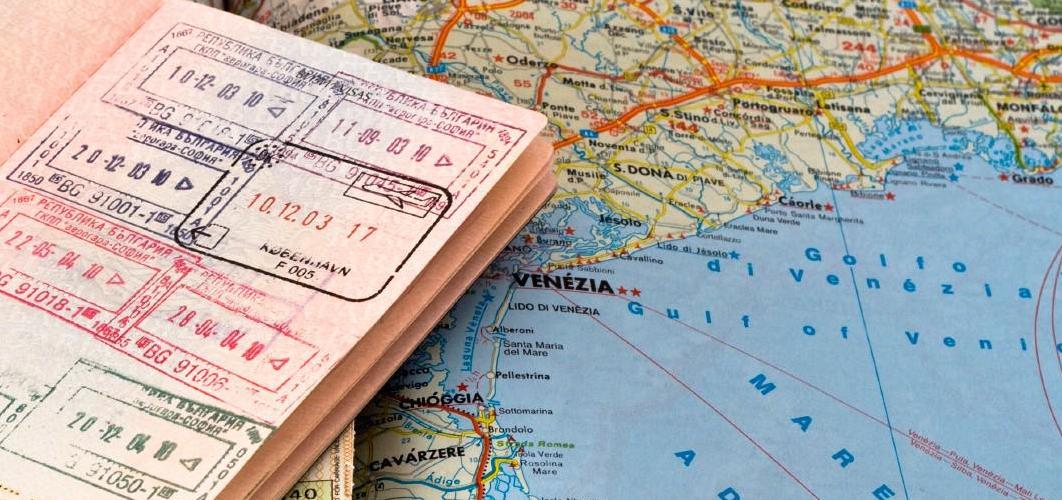The EU expands the grounds for suspending the visa-free regime: who can it affect
In June 2025, the European Union approved updated rules allowing to suspend visa-free travel with third countries on new, broader grounds. This decision was made against the background of increasing migration and geopolitical challenges.
What has changed?
Now the EU will be able to respond more quickly to situations when the visa-free regime begins to pose a threat to the security or interests of the union. A number of new grounds for temporary restriction of visa-free entry have been introduced.
New grounds for visa-free travel suspension:
- Inconsistent visa policy: if a third country grants visa-free access to citizens of countries with high migration risk, this may be grounds for suspension.
- "Golden passports": programs where citizenship can be bought with investment may be considered a potential threat.
- Hybrid threats: interference in EU affairs, cyber attacks, disinformation and other forms of pressure.
- Non-compliance with the EU's foreign policy interests: if a country acts contrary to the goals and values of the European Union.
How does the mechanism work now?
- If violations are detected, any EU member or the European Commission may initiate a suspension procedure.
- The temporary suspension of visa-free travel is introduced for 12 months (previously it was 9 months).
- If the country does not eliminate the reasons for the suspension within this period, an additional two—year period is possible.
- If there is no progress, the visa-free regime may be completely canceled.
What will it lead to?
The EU is strengthening its control over compliance with agreements and shows that visa—free travel is not a guaranteed right, but the result of mutual trust and compliance with standards.
Results:
- 4 new grounds have been introduced for the temporary cancellation of visa-free travel.
- The suspension period has been extended from 9 to 12 months, with the possibility of an extension for another 24 months.
- The EU has been given the right to respond to citizenship investment schemes and geopolitical threats.
- The mechanism has become more flexible and transparent due to clear threshold criteria.
- The risks of losing visa-free travel have increased for countries whose visa policies differ from those of the EU.
Conclusion:
The new rules are aimed at protecting the interests of the European Union and strengthening control over compliance with the terms of visa-free agreements. Countries wishing to maintain a visa-free regime with the EU will have to carefully align their migration, visa and foreign policy policies with European standards.
